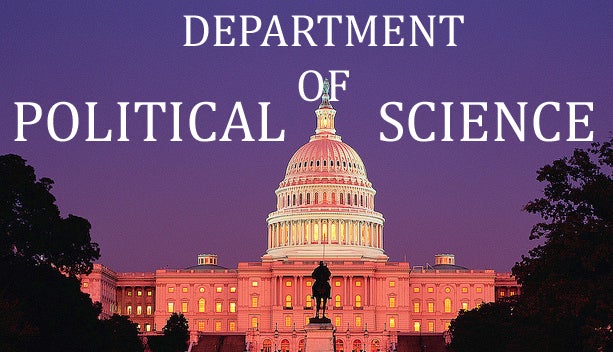Dr. Daniel Xu recently published a chapter titled “Health Challenges for Rural Families: Issues, Policies, and Solutions,” in H. Carol Greene, Bryan S. Zugelder & Jane C. Manner eds., Handbook of Research on Leadership and Advocacy for Children and Families in Rural Poverty. Hershey, Pennsylvania, USA, IGI Global.
Abstract: This chapter discusses the key health challenges faced by rural families, the major national policies and programs for rural health, and the process and political context of policymaking for rural health. It first provides an overview of the health condition in rural areas and health disparities as well as their linkage to poverty in rural communities, followed by an overview of the existing government health policies and programs for rural areas and a critical analysis of the federalist system in health policymaking. Then it offers a brief overview of the American federalism and major decision-making models for health policy and discusses their application to health policy decision-making in the United States. The last part concludes by providing policy recommendations for addressing health challenges for rural families and children. It is hoped that this chapter will help professionals in social, health, and human services understand the complexity of addressing health challenges faced by many rural families and children through policy and program interventions.
See: https://www.igi-global.com/book/handbook-research-leadership-advocacy-children/237846
